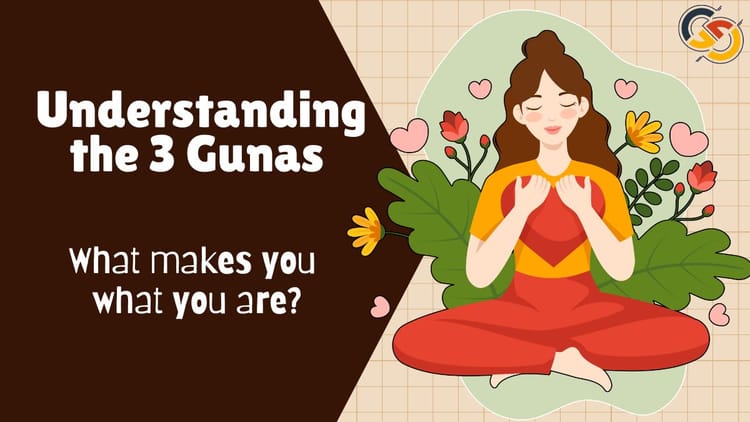How to overcome Anchoring Bias, a Cognitive Bias?

Anchoring Bias is a #cognitivebias that refers to the tendency to rely too heavily on the first piece of information encountered (the "anchor") when making subsequent judgments or decisions.
Once an anchor is set, people tend to adjust their subsequent judgments or decisions based on that initial information, even if it is irrelevant or incorrect.
Anchoring bias can occur in various situations, from negotiations and pricing decisions to medical diagnoses and legal judgments.
To overcome the anchoring bias, it is essential to be aware of its existence and to take steps to counteract its effects.
Let's say you and your friends are trying to decide where to go for dinner. Someone suggests a fancy pizza place they've wanted to try and mentions that they heard the wood-fired pizzas are $20 each. This sets an anchor in everyone's minds, and suddenly the group subconsciously thinks of that $20 pizza as the standard for a "good" meal.
To overcome the anchoring bias in this situation, you could try the following:
- Question the anchor: Is the price of the pizza relevant to the decision of where to go for dinner? Could you find a restaurant with great food and a fun atmosphere for a more reasonable price?
- Seek out multiple sources of information: Rather than relying on one person's recommendation, see if you can find reviews or recommendations from various sources.
- Use a range of values: Rather than focusing on the $20 pizza as the standard for a good meal, consider a range of options at different prices. Maybe you could find a food truck with amazing tacos at $10 per pop.
- Use objective criteria: Rather than relying on subjective opinions or rumors, consider objective criteria like the restaurant's overall rating, the quality of the ingredients used, or the variety of menu options available.
- Take a break: If the group is stuck on the idea of a fancy pizza dinner, take a break and do something else for a while. Maybe walk around the block. When you return to the decision-making process, you may find that the anchor has less of a hold on everyone's thinking.
Sunk Cost Fallacy
Anchoring Bias
Confirmation Bias
Fundamental Attribution Error
Endowment Effect



